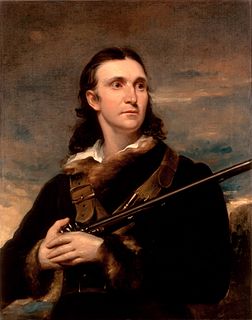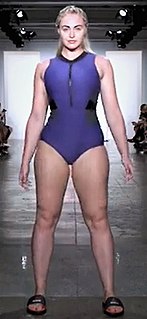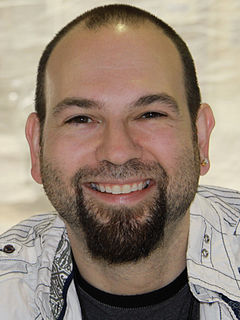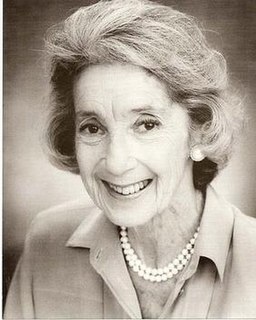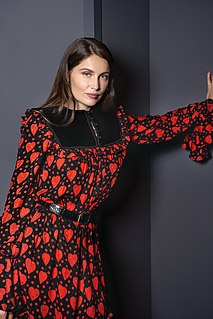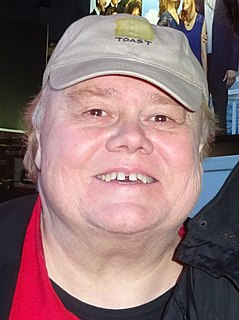A Quote by John James Audubon
Patiently and with industry did I apply myself to study, for although I felt the impossibility of giving life to my productions, I did not abandon the idea of representing nature.
Related Quotes
If you seek patience, you will find no better example than the cross. Great patience occurs in two ways: either when one patiently suffers much, or when one suffers things which one is able to avoid and yet does not avoid. Christ endured much on the cross, and did so patiently, because when he suffered he did not threaten; he was led like a sheep to the slaughter and he did not open his mouth.
Others would say to me, 'It is only temporary, it will pass, you will get over it,' but of course they had no idea how I felt, although they were certain that they did. Over and over and over I would say to myself, If I can't feel, if I can't move, if I can't think, and I can't care, then what conceivable point is there in living?
I always wanted to be an actress. And it wasn't ego. I felt so little about myself, considered myself such a sparrow. Not just my size. I thought I was so plain... I did plays not to show off but because if I did that - I didn't realize it at the time - I would be somebody other than this person I didn't really approve of.
One thing I've experienced and I feel really grateful for now that I'm on my way out is that I felt that the justices gave that back to me. I really did. You know, of course, you can have some sharp exchanges. That's the nature of the thing, and that's fine. But really in the main I felt like the tone from them was, "Yeah. We may not agree with you, but we're going to have a discussion about this." And it did.
